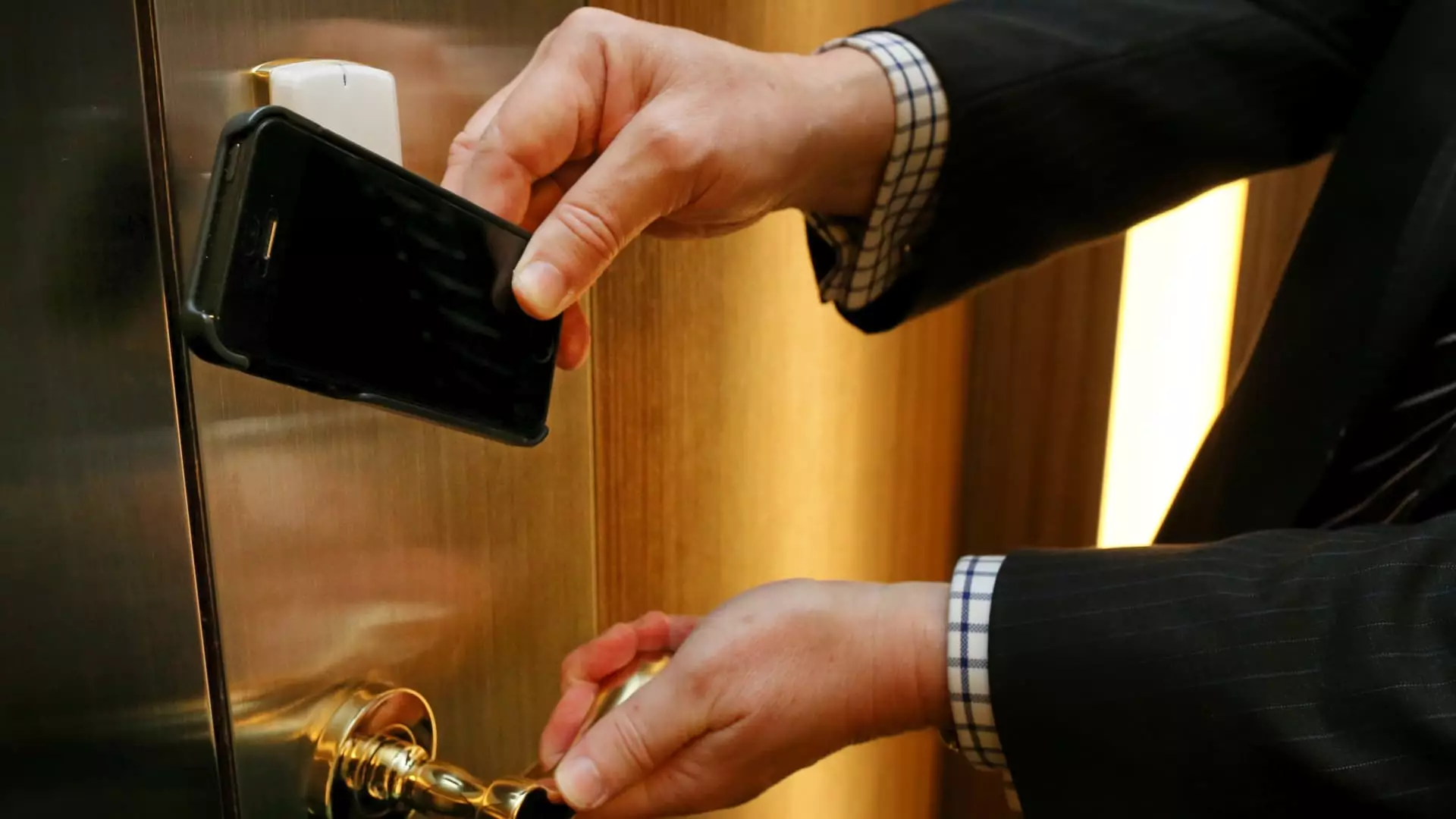In recent years, the hospitality industry has witnessed a significant shift in how hotel room keys are accessed. With a growing concern for hygiene, cybersecurity, and convenience, many hotel chains are now racing to replace the traditional plastic room key with digital options. However, the transition is not without its challenges and limitations.
The COVID-19 pandemic has accelerated touchless trends, making the use of traditional plastic key cards less appealing due to the fear of contamination. As a result, major hotel chains like Hilton are introducing digital key capabilities through smartphone apps such as Google Wallet and Apple Wallet. This transition allows guests to securely store their room keys on their mobile devices and access their rooms by simply tapping their phones near the door handle.
While digital keys offer improved security and an enhanced user experience, they also come with their own set of challenges. Security experts warn that keyless systems can introduce new threat vectors for hotel security operations, requiring additional security control policies and configurations to mitigate risks. Moreover, the transition to digital and keyless lock systems involves a significant cost in terms of equipment, installation, maintenance, and security measures.
Despite the convenience and safety benefits associated with digital keys, customers have been slow to adopt this technology. Data from J.D. Power reveals that only a small percentage of hotel guests use digital keys during their stays, with the majority still preferring plastic key cards. This slow adoption rate can be attributed to factors such as the lack of compatible devices, guest preferences, and the cost of implementing new door locks at hotels.
As technology continues to evolve, the future of hotel room keys remains uncertain. While digital keys offer a more convenient and secure alternative to traditional plastic cards, some experts believe that key cards are unlikely to become obsolete anytime soon. With advancements in RFID technology and improvements in security measures, plastic key cards may still have a place in the hospitality industry for guests who prefer physical keys over digital options.
The transition from traditional plastic room keys to digital options is inevitable in the hotel industry. While digital keys offer enhanced security, convenience, and a better user experience, challenges related to cybersecurity, cost, and guest preferences remain. As hotel chains continue to innovate and adapt to changing consumer behaviors, the future of hotel room keys will likely be a blend of digital and traditional options to cater to a wide range of guest preferences and needs.

